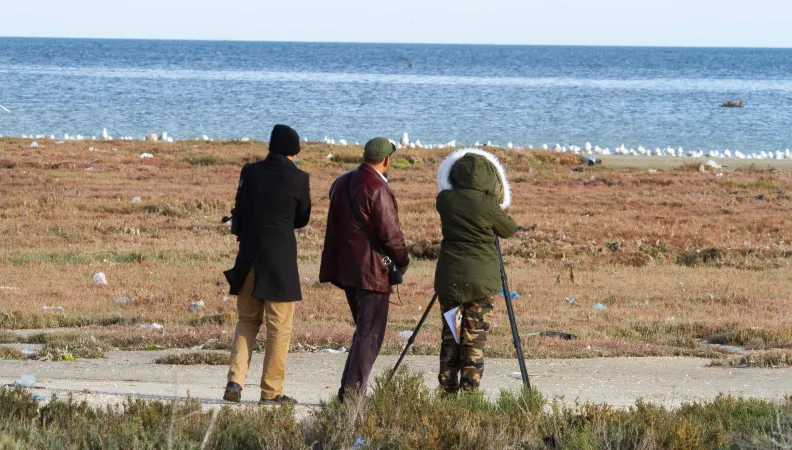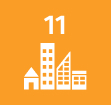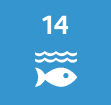Share the page
Protect Mediterranean wetlands with the civil society
Project


-
Project start date
-
Status
Completed
-
Estimated date of project termination
-
-
Project financing date
-
-
Financing duration
-
3 YEARS
-
Type of program
-
FFEM
-
Global financing amount
-
€ 2 212 640
-
FFEM financing amount
-
€ 662 500
-
Project lead member institution(s)
-
AFD
-
Country and region
-
Multi-country
-
Location
-
Albanie, Algérie, Jordanie, Liban, Libye, Maroc, Monténégro, Tunisie, Turquie
-
Type of financing
-
Partners
-
Agence Française de Développement (AFD), CEPF, Prince Albert II of Monaco Foundation, beneficiary civil society organizations, Total Foundation, Tour du Valat
-
Beneficiaries
-
Tour du Valat



Human activity is taking its toll on the wetlands of the Mediterranean basin, causing degradation and loss. An ever increasing number of active civil society organisations are working together to protect them. The FFEM is supporting one of these organisations, Tour du Valat, as it expands its activity.
Context
Between 1990 and 2018, population around the Mediterranean wetlands increased by a third. During this period, the area covered by natural wetlands declined dramatically, such that 36% of species in this ecosystem are now threatened with extinction. The situation is worsened by over-exploitation of surface and ground water.
Despite all the international treaties aimed at preserving biodiversity, particularly in priority wetlands, the commitment to the environment remains fragile and patchy in Mediterranean countries. This is why the FFEM is supporting the Tour du Valat initiative to build capacities and skills in civil society organisations (CSOs). Setting up networks of emerging regional actors in wetlands protection will give them greater influence and their actions greater impact.
Description
The project has four main components:
- To professionalise civil society by capacity-building among the 12 CSO partners through training sessions, knowledge transfer, exchange forums and micro-projects.
- To scale up the participation of civil society in the Mediterranean Alliance for Wetlands (AZHM), deploying a resource-pooling platform and creating a red alert system.
- To enhance wetland status monitoring and observation, through bird counts and involvement in wetland events.
- To oversee project management and co-ordination.
Outcomes
- Limiting the economic and social impacts of climate change on the populations of the Mediterranean basin, whose water resources are under severe pressure.
- Preserving and boosting wetland biodiversity, by reinforcing the multi-country water bird monitoring network and capacity-building among CSOs to mobilise local populations more effectively.
Innovative & exemplary character
Innovative in its methods and the mode of governance it promotes, this project provides capacity building for a large number of nascent CSOs in various countries by harnessing the power of networking. South-South skills transfer makes existing but undervalued expertise more accessible. The new warning system alerts international NGOs to new threats or damage.
In addition, the project is based on the “train-the-trainer” principle, ensuring all activities can be easily replicated. At national level, successes can be replicated on other wetland-related issues, such as waste management.
Sustainable Development Goals
ODD11 Sustainable cities and communities

ODD14 Life below water

ODD17 Partnerships for the goals



